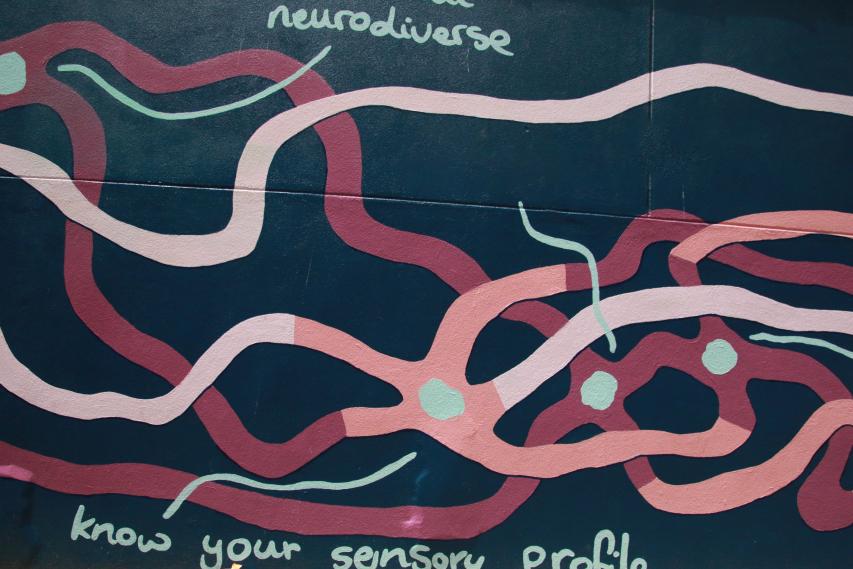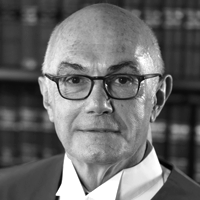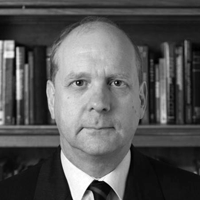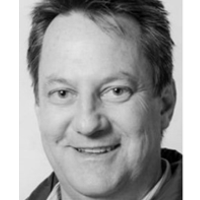
Mental disorder or impairment and drug dependency are common in people appearing in the criminal justice system. Yet they often don’t get the support they need.
Continuing our popular 2023 Twilight series on mental disorder, drug dependency and the law, in this seminar you will build your knowledge of personality disorder and its intersection with complex trauma.
You will learn about the range of supports and resources available to help you confidently respond in cases involving these issues.
You will also explore:
- forensic assessment and diagnoses
- connection between personality disorders and complex trauma
- treatment and/or behavioural change options
- what to consider when sentencing people with personality disorders
- courtroom interactions with people with personality disorders.
Speakers.





